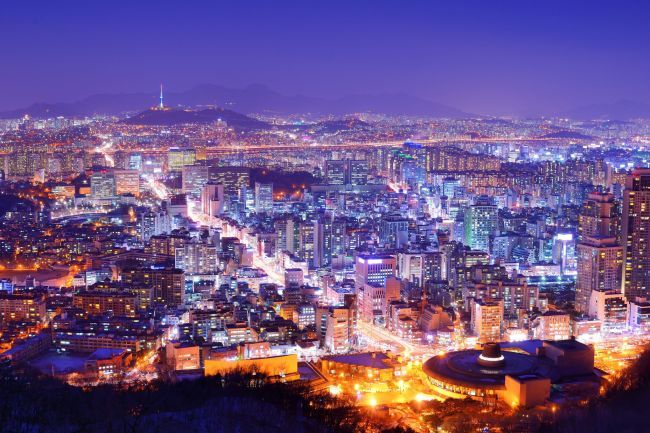Work in South Korea for Filipinos: EPS (2017 version)

Inquirer File Photo of a South Korean skyline
There are Filipinos looking for work abroad. A lot of the jobs available overseas require a placement fee and an agency BUT not in South Korea. For Filipinos who want to work in the country, here is the updated process. Before 2017, applicants only need to pass the EPS-TOPIK or the Korean language test to qualify. This year, the Point System has been adopted and hiring will be based on the applicant’s score in EPS-TOPIK, Skills Test, and Work Experience (and Training).
First check if you qualify ~
- 18 to 38 years old
- No record of overstaying in Korea
- Physically fit
- No amputations (complete fingers)
- No color blindness or weakness
- No tuberculosis
- No criminal record
Remember that no agency is required as the process is between government to government. There are no shortcuts to the process.
Tips and processes
First, learn Korean language. You could do this through a Korean language center or on your own, by self study. There are free Korean lessons on the internet.
Second, wait for an announcement from the Philippine Overseas Employment Administration to register. The registration for the Korean test or EPS-TOPIK is only once a year. This happens in late January or early February so from now, interested applicants will have the time to prepare for the Korean language test.
The test is usually given in March or April. After the Korean language test, the successful applicant also has to pass the Skills Test (this started in 2017).
Third, from 2017 experience and training counts! In the previous years, applicants need only to pass the EPS-TOPIK to qualify for the roster or list of eligible workers to Korea. From 2017, the skills test, experience in manufacturing work and certificates of training and qualifications given by the government will now make a difference.
The jobs available in Korea for Filipinos are usually called 3D–dirty, dangerous and difficult. They require physical strength and a strong will.
Before deciding if you want to work in Korea, consider the pros and cons first.
Continue reading at Buhay to know the pros and cons of working in South Korea.
ThINQ is the Inquirer's attempt to highlight in the public space the distinct viewpoints contributed by bloggers covering a wide range of topics and issues.
If you'd like to be included in the ThINQ blogger network, e-mail sara.pacia@inquirer.net with the subject "ThINQ Membership" along with your blog's URL and topics your blog currently covers.



















